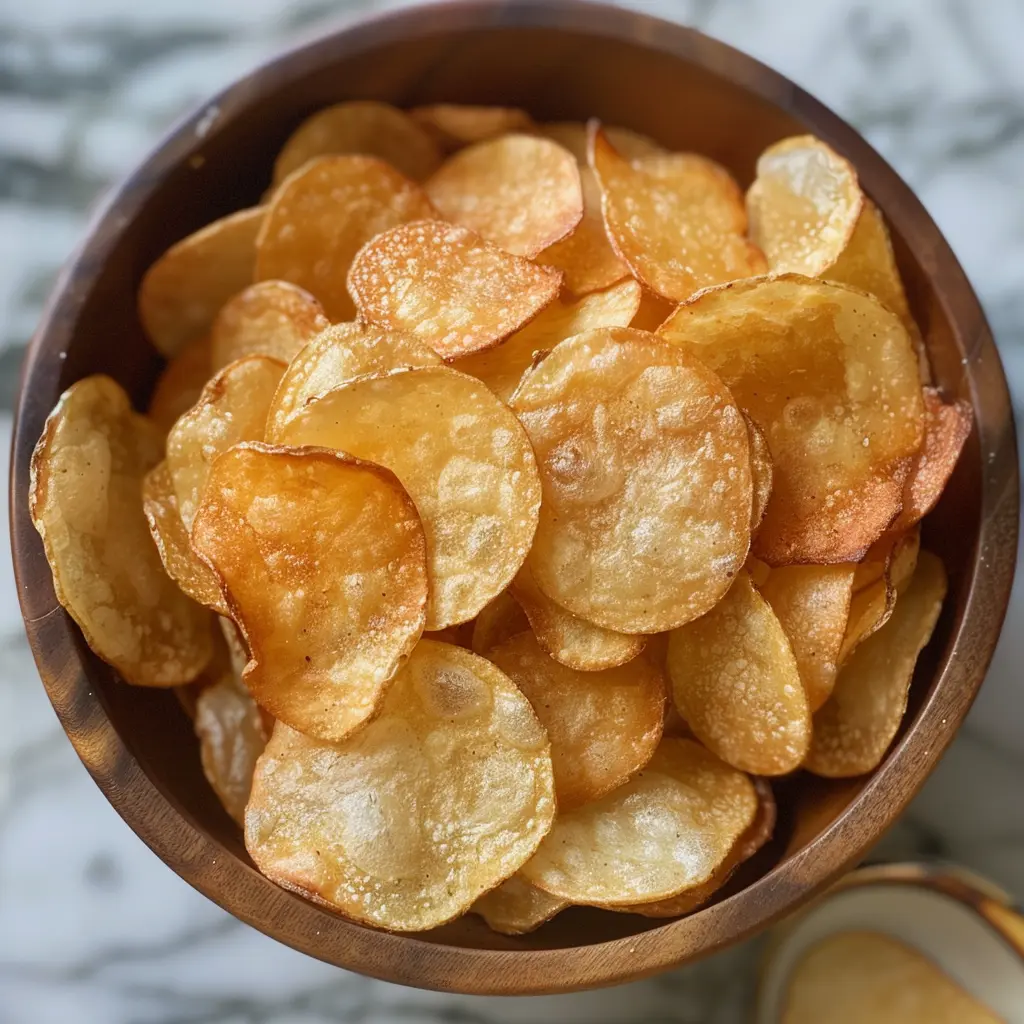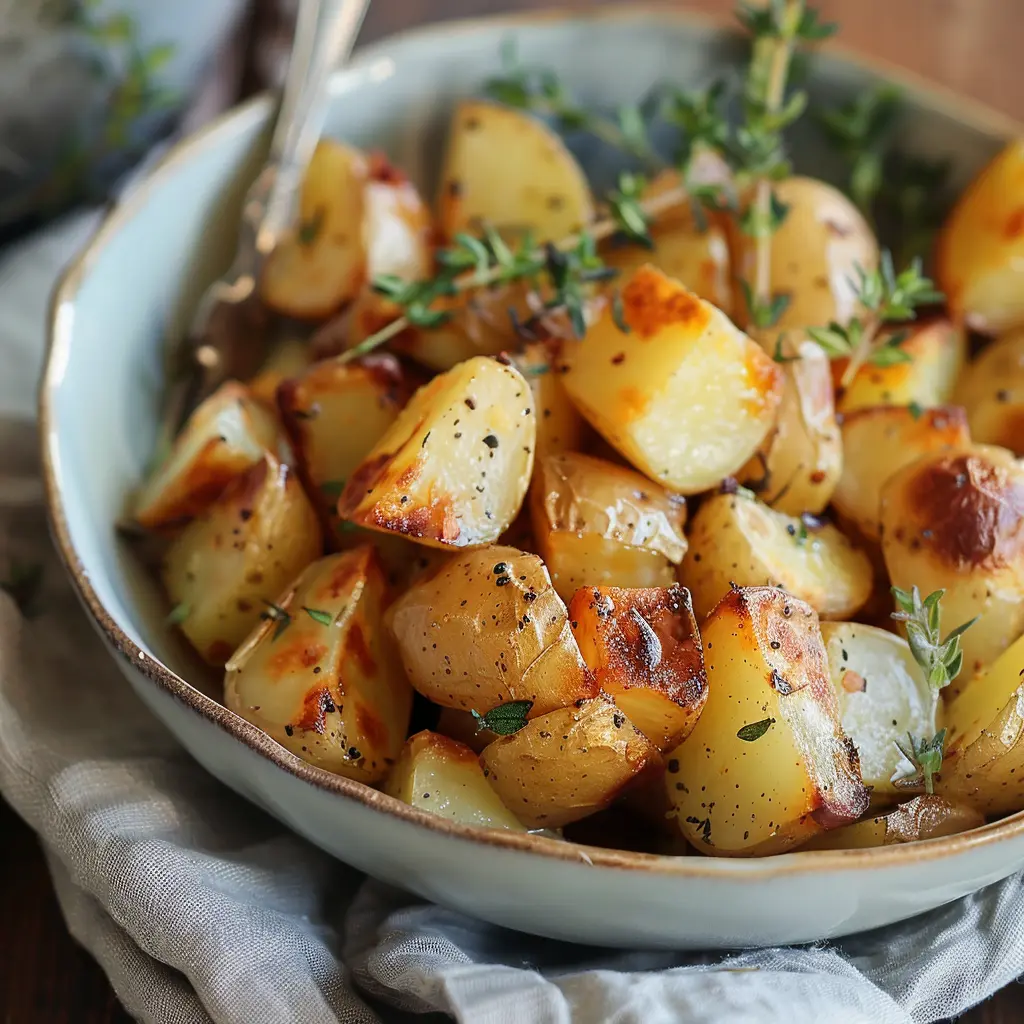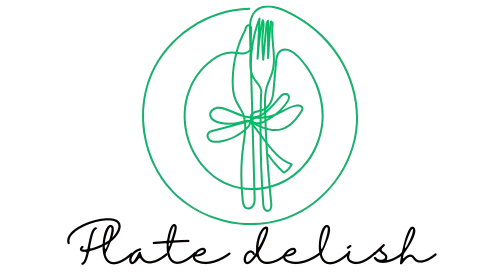Introduction
In recent years, gluten-free diets have gained significant popularity, whether due to medical conditions like celiac disease or personal lifestyle choices. One of the common questions that arise in this context is, “Can you eat potatoes on a gluten-free diet?” This comprehensive article will delve into the nuances of incorporating potatoes into a gluten-free lifestyle, addressing their benefits, potential risks, and providing delicious recipe ideas to ensure your meals remain varied and exciting.
Can You Eat Potatoes on a Gluten-Free Diet?
Understanding Gluten
Gluten is a protein present in grains like wheat, barley, and rye. It contributes to the elasticity of dough and helps food retain its structure. For individuals with celiac disease or gluten sensitivity, consuming gluten can trigger adverse health reactions, making it essential to avoid gluten-containing foods.
Natural Gluten-Free Foods
Many whole foods are naturally gluten-free, including fruits, vegetables, meat, poultry, fish, dairy, and eggs. Starchy foods like rice, corn, quinoa, and potatoes also fall into this category, providing safe and nutritious options for those following a gluten-free diet.
Nutritional Profile of Potatoes
Macronutrients
Potatoes are an excellent source of carbohydrates, supplying the body with energy. A medium-sized potato (about 150 grams) typically contains around 26 grams of carbohydrates, 2 grams of protein, and negligible fat. This makes them a valuable addition to a balanced diet.
Micronutrients
Potatoes are rich in various vitamins and minerals. They are particularly abundant in vitamin C, potassium, and vitamin B6. Additionally, potatoes contain smaller amounts of other essential nutrients such as folate, magnesium, and iron.
Health Benefits
Potatoes offer several health benefits due to their rich nutrient profile. They can be a valuable component of a healthy diet, contributing to various bodily functions and overall well-being.
Health Benefits of Potatoes
Rich in Vitamins and Minerals
Potatoes are packed with essential vitamins and minerals. Vitamin C, an antioxidant, helps protect cells from damage and supports the immune system. Potassium is crucial for maintaining healthy blood pressure levels, and vitamin B6 is important for brain health and metabolism.
Supports Digestive Health
Potatoes contain dietary fiber, which aids in digestion and promotes regular bowel movements. The fiber in potatoes can help prevent constipation and support a healthy digestive system.
Boosts Immunity
The high vitamin C content in potatoes helps boost the immune system, enhancing the body’s ability to fight off infections. Additionally, the presence of antioxidants in potatoes can help reduce inflammation and support overall immune health.
Types of potatoes suitable for eating potatoes on a gluten-free diet
Russet Potatoes
Russet potatoes are a popular variety known for their starchy texture and versatility in cooking. They are ideal for baking, mashing, and making fries, all while being naturally gluten-free.
Sweet Potatoes
Sweet potatoes are not only gluten-free but also rich in vitamins A and C. They have a sweet flavor and can be baked, boiled, or roasted, making them a nutritious addition to any meal.
Red Potatoes and Fingerling Potatoes
Red potatoes and fingerling potatoes are also gluten-free and are known for their firm texture and slightly waxy consistency. They hold their shape well when cooked, making them perfect for salads, roasting, and boiling.
How to Identify Gluten-Free Potatoes
Label Reading Tips
When purchasing pre-packaged or processed potato products, always read the labels carefully. Look for a gluten-free certification or statement on the packaging. Ingredients lists should be checked for any gluten-containing additives or preservatives.
Avoiding Cross-Contamination
To ensure your potatoes remain gluten-free, be cautious of cross-contamination. Use clean utensils, cutting boards, and cooking surfaces. Avoid using the same oil or cookware that has been used for gluten-containing foods.
Cooking Methods to Keep Potatoes Gluten-Free
Baking
Baking potatoes is a simple and healthy way to enjoy them without adding gluten. Just wash the potatoes, prick them with a fork, and bake until tender.
Boiling
Boiling is another gluten-free cooking method. Boil potatoes in water until they are soft. You can then mash them, use them in salads, or serve them as a side dish.
Frying
When frying potatoes, ensure the oil and frying equipment have not been used for gluten-containing foods. Homemade fries or hash browns can be a delicious gluten-free option.
Roasting
Roasting potatoes brings out their natural flavors. Toss them with olive oil and your favorite gluten-free seasonings, then roast them in the oven until crispy and golden.
By following these methods and precautions, you can enjoy a variety of delicious and gluten-free potato dishes.
Popular Gluten-Free Potato Recipes
Mashed Potatoes
Mashed potatoes are a comforting and easy-to-make dish. Simply boil peeled potatoes until tender, then mash them with butter, milk, salt, and pepper. For extra flavor, you can add roasted garlic or cheese.
Baked Potatoes
Baked potatoes are a versatile and naturally gluten-free option. Wash the potatoes, prick them with a fork, and bake them until soft. Top with your favorite gluten-free toppings like sour cream, cheese, or chives.
Potato Salad
Potato salad is a great side dish that can be prepared gluten-free. Boil potatoes, then mix with gluten-free mayonnaise, mustard, chopped onions, and celery. Season with salt and pepper to taste.
Potato Soup
Potato soup is a hearty and filling gluten-free meal. Cook diced potatoes with onions, garlic, and chicken broth until tender, then blend until smooth. Add cream, salt, and pepper, and garnish with chives or bacon bits.
Can You Eat Processed Potato Products?

Potato Chips
Most plain potato chips are naturally gluten-free, but it’s important to check the label for any added flavors or ingredients that may contain gluten. Look for chips labeled as gluten-free to be safe.
Instant Mashed Potatoes
Instant mashed potatoes can be a convenient option, but not all brands are gluten-free. Always read the ingredient list and choose products specifically labeled gluten-free to avoid any risk of contamination.
Frozen Potato Products
Frozen potato products like fries or hash browns can sometimes contain gluten due to added coatings or seasonings. Check the packaging for gluten-free labels and verify the ingredient list to ensure they are safe to eat.
Risks of Cross-Contamination with Potatoes
Kitchen Safety Tips
To avoid cross-contamination in your kitchen, use separate utensils, cutting boards, and cookware for gluten-free foods. Clean all surfaces thoroughly before preparing gluten-free dishes, and store gluten-free ingredients separately from those containing gluten.
Dining Out Advice
When dining out, inform the restaurant staff about your gluten sensitivity and ask about their preparation methods. Choose restaurants with a good reputation for handling gluten-free requests, and be cautious of dishes that may be prepared in shared fryers or with contaminated utensils.
Potatoes in Different Cuisines
American
In American cuisine, potatoes are used in a variety of dishes such as mashed potatoes, baked potatoes, and potato salad. They are also a key ingredient in comfort foods like shepherd’s pie and hash browns.
European
European cuisines feature potatoes in many traditional dishes. In Germany, potatoes are used in dishes like Kartoffelsalat (potato salad) and Bratkartoffeln (fried potatoes). In the UK, mashed potatoes often accompany bangers and mash, and in Spain, potatoes are essential in the famous tortilla de patatas (Spanish omelette).
Asian
In Asian cuisines, potatoes are used in a variety of ways. In Indian cuisine, aloo gobi (potatoes and cauliflower) is a popular dish, while in Japan, potatoes are often used in curries and stews. Korean cuisine features gamja jorim, a braised potato side dish.
Latin American
Latin American cuisines incorporate potatoes in many flavorful dishes. In Peru, potatoes are used in dishes like causa (potato casserole) and papa a la huancaína (potatoes with cheese sauce). In Mexico, potatoes are often included in tacos, burritos, and soups.
Gluten-Free Potato-Based Meals for Breakfast
Hash Browns
Hash browns are a classic breakfast item made from shredded or diced potatoes, fried until crispy. Ensure they are cooked in a gluten-free oil and on a clean surface to avoid cross-contamination.
Potato Pancakes
Potato pancakes, or latkes, are made by combining grated potatoes with eggs and a bit of gluten-free flour. Fry them until golden brown and serve with applesauce or sour cream.
Breakfast Casseroles
Breakfast casseroles can be made gluten-free by layering cooked potatoes with vegetables, cheese, and eggs. Bake until the eggs are firm and the top is golden brown.
Gluten-Free Potato-Based Meals for Lunch
Potato Salad Variations
Potato salad can be customized in various ways. Try adding different vegetables, gluten-free dressings, or proteins like chicken or bacon to create unique and satisfying salads.
Stuffed Potatoes
Stuffed potatoes are versatile and can be filled with a variety of gluten-free ingredients such as cheese, vegetables, and meat. Bake the potatoes, scoop out the insides, mix with your desired fillings, and return to the oven until heated through.
Potato Wraps
Use thinly sliced potatoes as a gluten-free wrap alternative. Fill with your favorite sandwich ingredients like lettuce, tomatoes, and grilled chicken for a nutritious and portable meal.
Gluten-Free Potato-Based Meals for Dinner
Potato Gratin
Potato gratin is a creamy and delicious dish made by layering thinly sliced potatoes with cheese and cream. Bake until the potatoes are soft and the top is a golden color.
Shepherd’s Pie
Shepherd’s pie is a hearty meal that can be made gluten-free by using mashed potatoes to top a mixture of ground meat and vegetables. Bake until the potatoes are nicely browned and the filling is bubbling.
Potatoes au Gratin
Similar to potato gratin, potatoes au gratin feature thinly sliced potatoes baked with cheese and a creamy sauce. Ensure all ingredients are gluten-free for a safe and tasty dinner option.
Gluten-Free Potato-Based Snacks
Potato Chips
Most plain potato chips are gluten-free, but always check the label for any added flavors or ingredients. Choose chips specifically labeled as gluten-free to be safe.
Potato Wedges
Potato wedges are a great snack that can be seasoned with various gluten-free spices and baked or fried until crispy. Serve with gluten-free dipping sauces for added flavor.
Potato Skins
Potato skins are made by scooping out the insides of baked potatoes, then filling them with cheese, bacon, and green onions. Bake until the cheese is melted and bubbly.
Gluten-Free Potato-Based Desserts

Sweet Potato Pie
Sweet potato pie is a delicious dessert made from mashed sweet potatoes, eggs, sugar, and spices. Use a gluten-free pie crust to keep the entire dish gluten-free.
Potato Doughnuts
Potato doughnuts are made by incorporating mashed potatoes into the dough, which creates a light and fluffy texture. Ensure all other ingredients are gluten-free and fry in gluten-free oil.
Potato Candy
Potato candy is a unique dessert made from mashed potatoes, powdered sugar, and flavorings like peanut butter. Mix until smooth, shape into small pieces, and let them set before enjoying.
Potatoes vs. Other Gluten-Free Carbohydrates
Rice
Rice is a staple gluten-free carbohydrate that comes in various types, including white, brown, and wild rice. It is versatile and can be used in a variety of dishes, from stir-fries to puddings. Compared to potatoes, rice has a different texture and cooking method, but both provide essential carbohydrates for a gluten-free diet.
Quinoa
Quinoa is a nutrient-dense, gluten-free grain that is high in protein and fiber. It has a slightly nutty flavor and can be used in salads, as a side dish, or even in breakfast bowls. While potatoes are primarily starchy, quinoa offers a more balanced macronutrient profile.
Corn
Corn is another gluten-free carbohydrate that can be consumed in various forms, including cornmeal, polenta, and fresh corn. It can be used in dishes like cornbread, tortillas, and soups. Corn and potatoes both offer unique textures and flavors, making them complementary ingredients in a gluten-free diet.
Gluten-Free Pasta
Gluten-free pasta is made from alternative flours such as rice, corn, or quinoa flour. It provides a similar experience to traditional pasta and can be used in a wide range of recipes. Compared to potatoes, gluten-free pasta offers a different culinary experience but is equally valuable for those avoiding gluten.
FAQS About Eat Potatoes on a Gluten-Free Diet
What Potatoes Are Not Gluten-Free?
Potatoes themselves are naturally gluten-free. However, processed potato products or dishes that include added ingredients or seasonings may contain gluten. Always check labels and ingredient lists to ensure no gluten-containing additives are included.
What Are the Main Foods to Avoid on a Gluten-Free Diet?
The main foods to avoid on a gluten-free diet include wheat, barley, rye, and any products made from these grains. This includes most bread, pasta, cereals, and baked goods. Additionally, be cautious of processed foods that may contain hidden gluten in sauces, dressings, and seasonings.
Can You Eat Rice and Potatoes on a Gluten-Free Diet?
Yes, both rice and potatoes are naturally gluten-free and can be safely included in a gluten-free diet. They provide essential carbohydrates and can be prepared in a variety of delicious ways.
Are French Fries Gluten-Free?
French fries can be gluten-free, but it depends on how they are prepared. If the fries are made from fresh potatoes and cooked in a dedicated gluten-free fryer with gluten-free oil, they are safe to eat. However, some commercially prepared fries may contain gluten due to added coatings or cross-contamination during cooking. Always check with the restaurant or manufacturer to be sure.

2 thoughts on “Can You Eat Potatoes on a Gluten-Free Diet?”